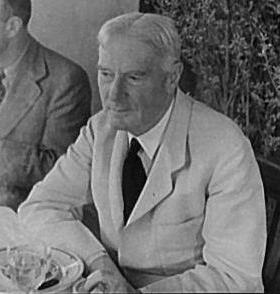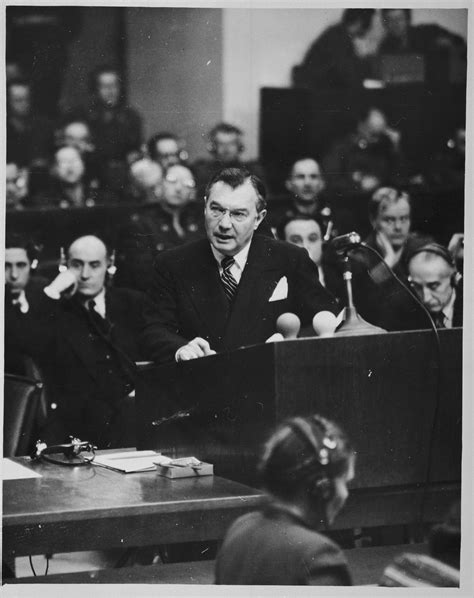A Quote by William Edward Hartpole Lecky
Anxiety and Ennui are the Scylla and Charybdis on which the bark of human happiness is most often wrecked.
Related Quotes
The Pekes and the Pollicles, everyone knows, Are proud and implacable, passionate foes; It is always the same, wherever one goes. And the Pugs and the Poms, although most people say that they do not like fighting, will often display Every symptom of wanting to join in the fray. And they Bark bark bark bark bark bark Until you can hear them all over the park.
It cannot be said too often that actions are good or bad in the light of consequences, and that a clear perception of consequences would control actions. That which increases the sum of human happiness is moral; and that which diminishes the sum of human happiness is immoral. . . . Blind, unreasoning obedience is the enemy of morality.


































